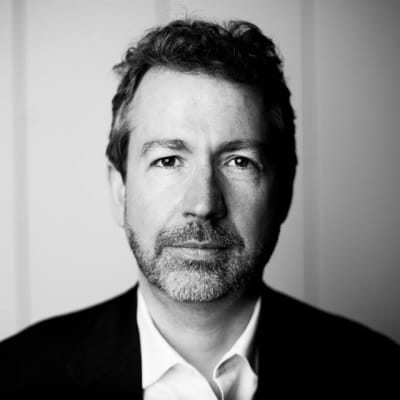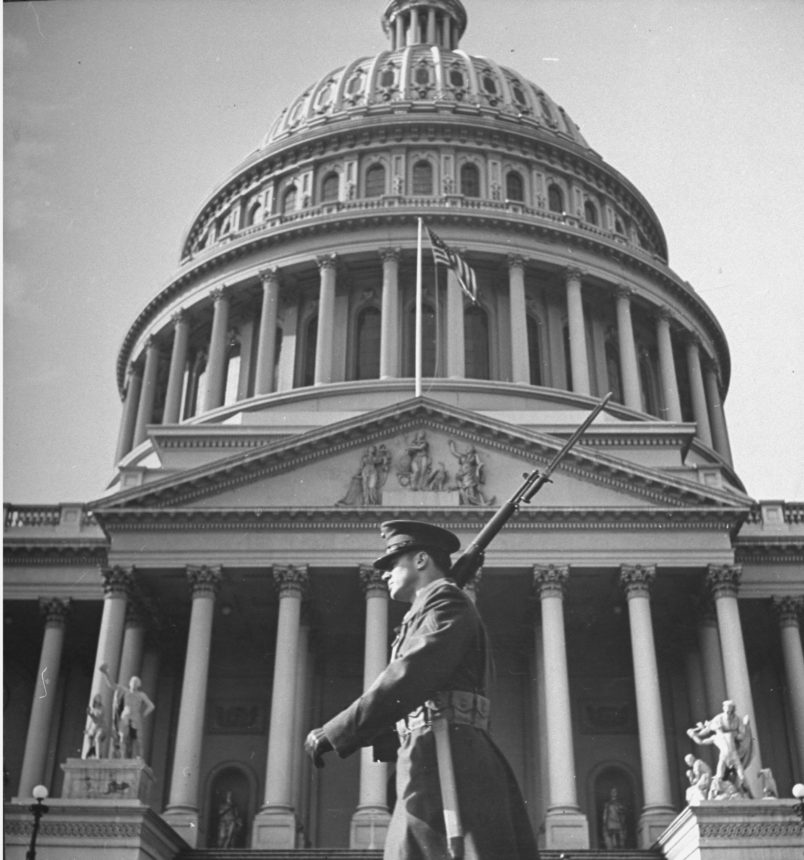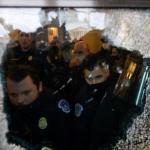
David Kurtz

Thanks to Tom Brokaw, we’ve been more than a little oversaturated in the veneration of the World War II generation. But the dwindling surviving members of that cohort have endured one helluva roller coaster from fighting fascism abroad to what happened on Wednesday.
TPM Reader WK checks in:
First, thanks, as ever, for yr excellent coverage and insight.
Also wanted to comment briefly on the current state of things.
My husband and I have just returned from one of our frequent visits with his 93 yo mother and her 95 yo sister who live in a retirement community in our Pennsylvania town.
 The Costuming Offers Deniability
The Costuming Offers Deniability 
TPM Reader SS responds to my puzzling over the festooned, over-the-top, costumed insurrection:
Thanks for all your commentary and coverage on TPM, I’m a longtime reader (etc etc) — you guys do just vital, crucial work.
On your question today: “One of the elements of the Trump era I struggle with the most is how to explain to future generations that the threat to democracy arrived in a such a tawdry, low brow, gaudy and comical way. You can’t separate the genuine threat to democracy from the reality TV theatrics. The Capitol Police officer taking a fire extinguisher to the head and the horned fur cap are part of the same surreal tableau.”
This is all the aesthetics of dogwhistle politics. I’ve written about this in academic circles, but basically (as Josh has noted many times), dogwhistling relies on deniability “we’re not really racist, we’re not really fascist, we’re just reasonable people making reasonable political claims in time-honored ways.” There has to be some mechanism of concealment, or there’s no deniability.
Read More

If you haven’t seen Don Jr.’s pre-riot video from backstage, you REALLY must watch it. (Getting your Laura Branigan fix is just icing.)
Speaker of the House talks to chairman of the Joint Chiefs of Staff about keeping the nuclear codes from a deranged president. Nancy Pelosi’s actual words:
 12 Days And Tremulously Counting
12 Days And Tremulously Counting 
TPM Reader TJ:
The coup attempt is still on.
He has
812 more days. He is still president. He still commands the military. He now has even less to lose and even more to gain.
TPM Reader AM on the WSJ op-ed:
Longtime subscriber, religious listener to your podcast. I’m writing because I just can’t get over that WSJ op-ed. You acknowledged that it was influential and has a pernicious role in the society, but I can’t get over the latter adjective describing it. I don’t think enough time was spent on it.
 On Riots And Race
On Riots And Race
Yielding the floor to TPM Reader BK:
I am a longtime reader and Prime Member and I consider your work to be invaluable. To put it in fast food industry terms I am a heavy user, checking your site literally dozens of times a day and night.
Like many Americans, I watched the events in Washington DC unfolding just a couple of miles from my home where we were under curfew.
However, unlike the breathless TV pundits, my reaction wasn’t one of “shock,” or “disbelief.” No, my reaction: I was enraged at what I watched. But none of this was shocking or unreal: it was entirely and utterly predictable.
I’ll write more on that at another time, but this morning I want to address one particular aspect of this story that very few want to talk about: race and white privilege.
And frankly, as much as I adore TPM, in my opinion, this is one area where you have a blind spot, or a lack on interest. I am not sure why, but it is one area where TPM is just like every other new organization/talking head on TV. There is simply no way to cover Trump, his mob, and what happened yesterday without talking about the racism flowing through our society and the racism that has been mainstreamed into our media.
 Hard, Difficult, Urgent Questions
Hard, Difficult, Urgent Questions 
We’ll be picking apart the events of yesterday for the rest of our lives for meaning and understanding, but it’s imperative that we find out here and now what happened exactly and why. I know it seems simple: a mob breached the Capitol for a few hours. But the ticktock on the whole event is critical to understanding it, piecing together the colossal security failures, and sharpening the way we talk about these dreadful events.

Longtime TPM Reader DC:
A few thoughts on what we witnessed today from an institutional perspective.
For almost 20 years, I’ve taught a course called Res Publica: A History of Representative Government. It tries to pin down, historically and philosophically, the kinds of questions we should think about when we call our system of government a “republic” or a ‘democracy” or, most properly, a democratic republic.
